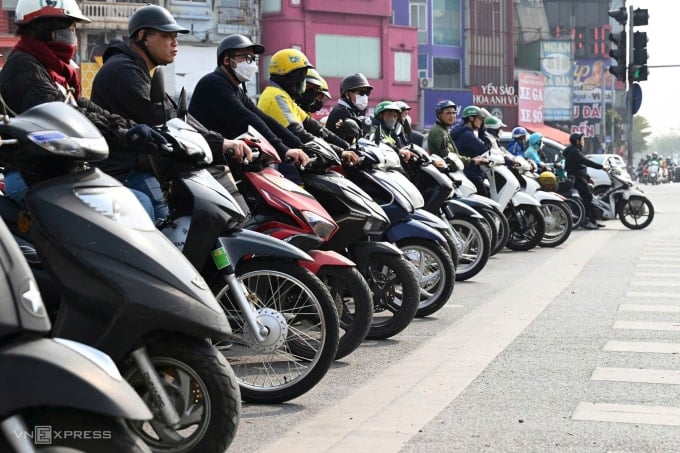
The Hanoi Department of Construction is seeking opinions from relevant departments, sectors and units on the draft Resolution on converting to green vehicles (electric vehicles) and developing a charging station system in the area. The document outlines a number of policies on financial support and incentives; measures to limit and regulate polluting vehicles; and policies to develop and support clean energy infrastructure.
Specifically, people with gasoline or diesel motorbikes (registered before the resolution takes effect) in low-emission areas, when switching to green vehicles with a value of VND15 million or more, can receive support of VND3 million. The support level of VND4 million applies to near-poor households; VND5 million to poor households. Each individual is supported with a maximum of one vehicle until the end of 2030.
The city plans to exempt 100% of registration fees and license plate registration fees for green vehicles from the effective date of the resolution until the end of 2030.
Public service units, passenger transport units (except buses) and freight transport units, and enterprises investing in facilities for collecting and recycling old vehicles are expected to receive preferential loans with an interest rate of 3-5%/year, a limit of 100% of the contract value, and a maximum loan term of 5 years.
Piloting the restriction of gasoline-powered motorbikes from January 1, 2026
The Hanoi Department of Construction has proposed a roadmap for piloting and expanding the ban on gasoline/diesel personal vehicles. Specifically, the city will pilot a restriction on gasoline-powered motorbikes from January 1, 2026 to June 30, 2026; ban gasoline-powered motorbikes in Ring Road 1 from July 1, 2026, and in Ring Road 2 from January 1, 2028.
The city will restrict personal cars using gasoline/diesel in Ring Road 2 from January 1, 2028; expanding to Ring Road 3 from January 1, 2030. The restriction of all personal motor vehicles in Ring Road 3 will be determined by the City People's Committee, depending on the actual situation.
From 2035 to 2050, the city will restrict non-green motor vehicles (including CNG and hybrid vehicles) at each level. Specifically, it will be restricted in Ring Road 1 from 2035, in Ring Road 2 from 2040, in Ring Road 3 from 2045, and in the entire city from 2050.
Hanoi will also collect traffic fees and adjust parking service prices according to the above roadmap for polluting vehicles.
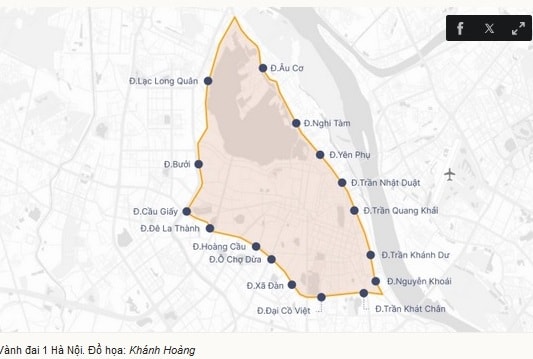
Developing charging station system
To achieve the above goals, the City People's Committee requires that at least 10% of parking spaces at existing projects must have charging stations before the end of 2026; at least 30% of parking spaces at new projects must have charging stations.
Public charging station infrastructure investment projects are expected to receive 70% of bank loan interest support from the budget for the first 5 years. Bus station and parking lot projects with 30% or more parking spaces equipped with charging posts can receive 50% support for site clearance costs and 100% of land rent for the first 5 years.
Hanoi will also prioritize investment in charging stations on sidewalks and encourage the installation of hydrogen and clean fuel filling stations.
The city strongly encourages investors to participate in developing clean energy transport infrastructure through the form of public-private partnership (PPP). These investors will be given priority in land allocation and 100% support for land rent at planned locations until the end of 2033.
Hanoi also commits to synchronously investing in transport and technical infrastructure to effectively connect with clean energy station projects. In parallel with the above policies, the Department of Construction will supplement specific processes and procedures for beneficiaries to enjoy incentives and support, avoiding the situation where policies are issued but ineffective.
The draft is being finalized to report to the City People's Committee to submit to the People's Council for consideration and approval at the September 2025 meeting. After the Resolution is issued, the Department of Construction will advise the city to issue a detailed plan assigning specific tasks to each relevant agency to implement policies, including: Financial policies, fees and charges; Management and removal of old vehicles; Monitoring, handling of violations and policies to support the development and encourage investment in charging stations...
According to Directive 20 issued by the Prime Minister on July 12, from July 1, 2026, Hanoi will ban gasoline-powered motorbikes in Ring Road 1. By 2028, the ban will be expanded to Ring Road 2 and from 2030 to Ring Road 3, while also restricting gasoline-powered cars.
Hanoi currently has about 6.9 million motorbikes, of which about 450,000 are in the first beltway alone. Vice Chairman of the city Duong Duc Tuan cited studies showing that gasoline motorbikes account for up to 60% of air pollution sources in Hanoi, while about 70% of vehicles in use are old, making it difficult to control emissions.
HA (according to VnE)Source: https://baohaiphongplus.vn/ha-noi-du-kien-ho-tro-toi-da-3-trieu-dong-moi-nguoi-de-doi-xe-may-dien-416524.html


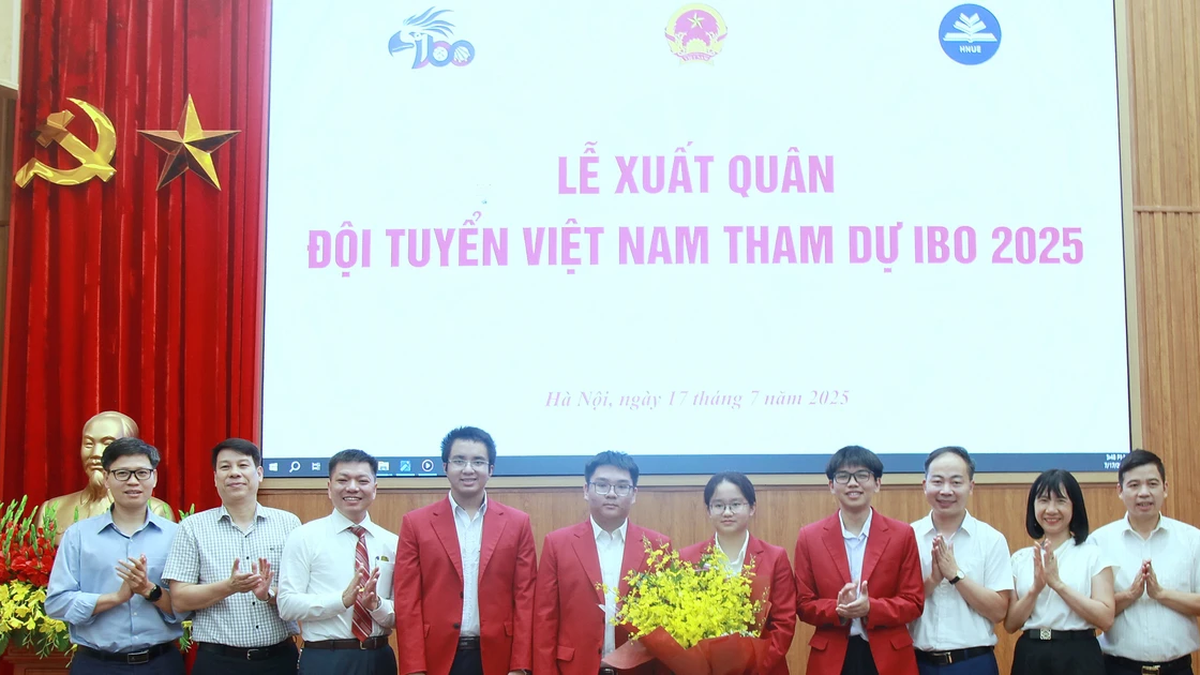


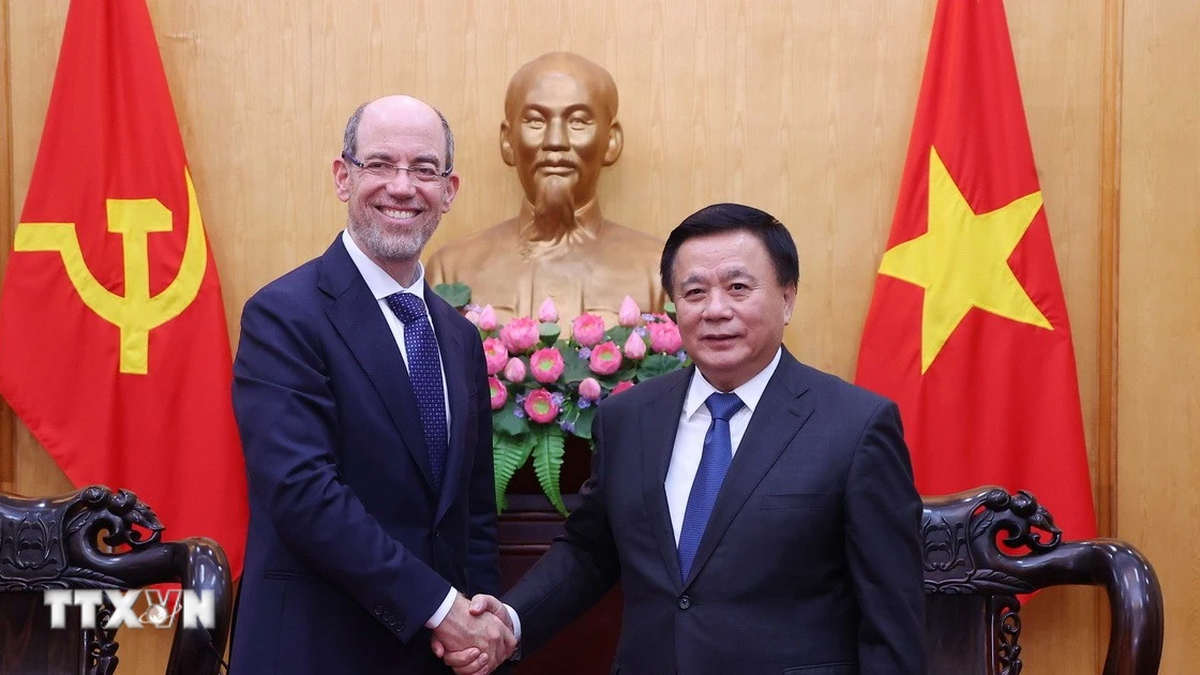
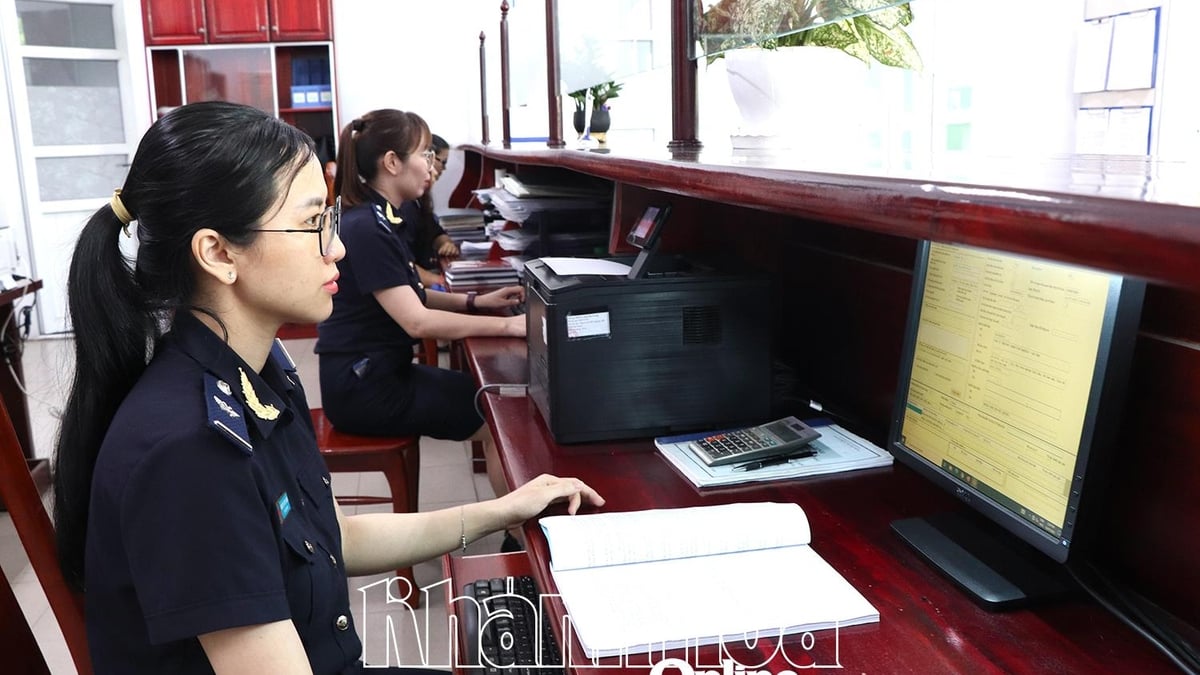
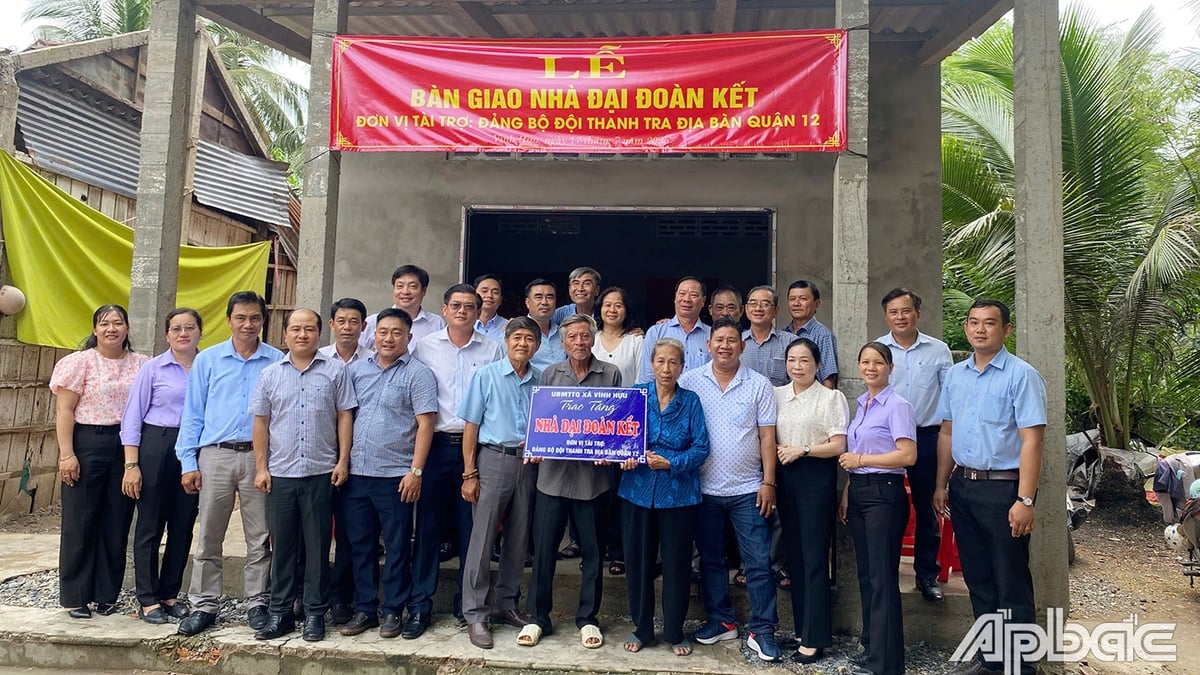

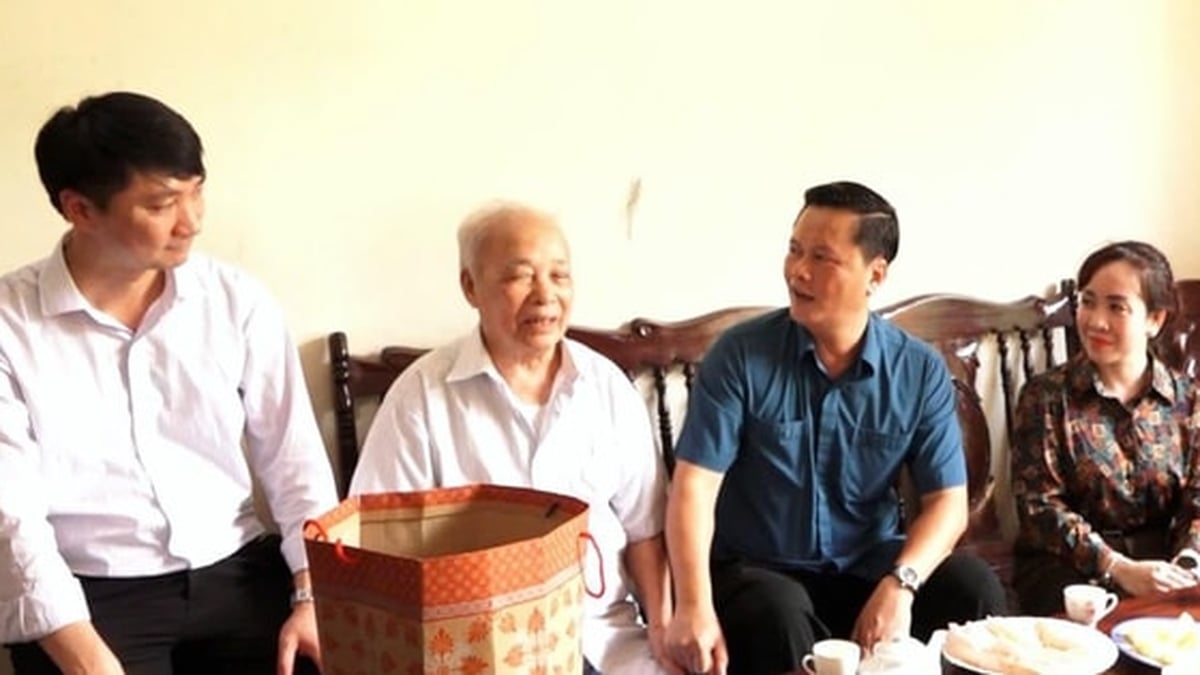



























































































Comment (0)